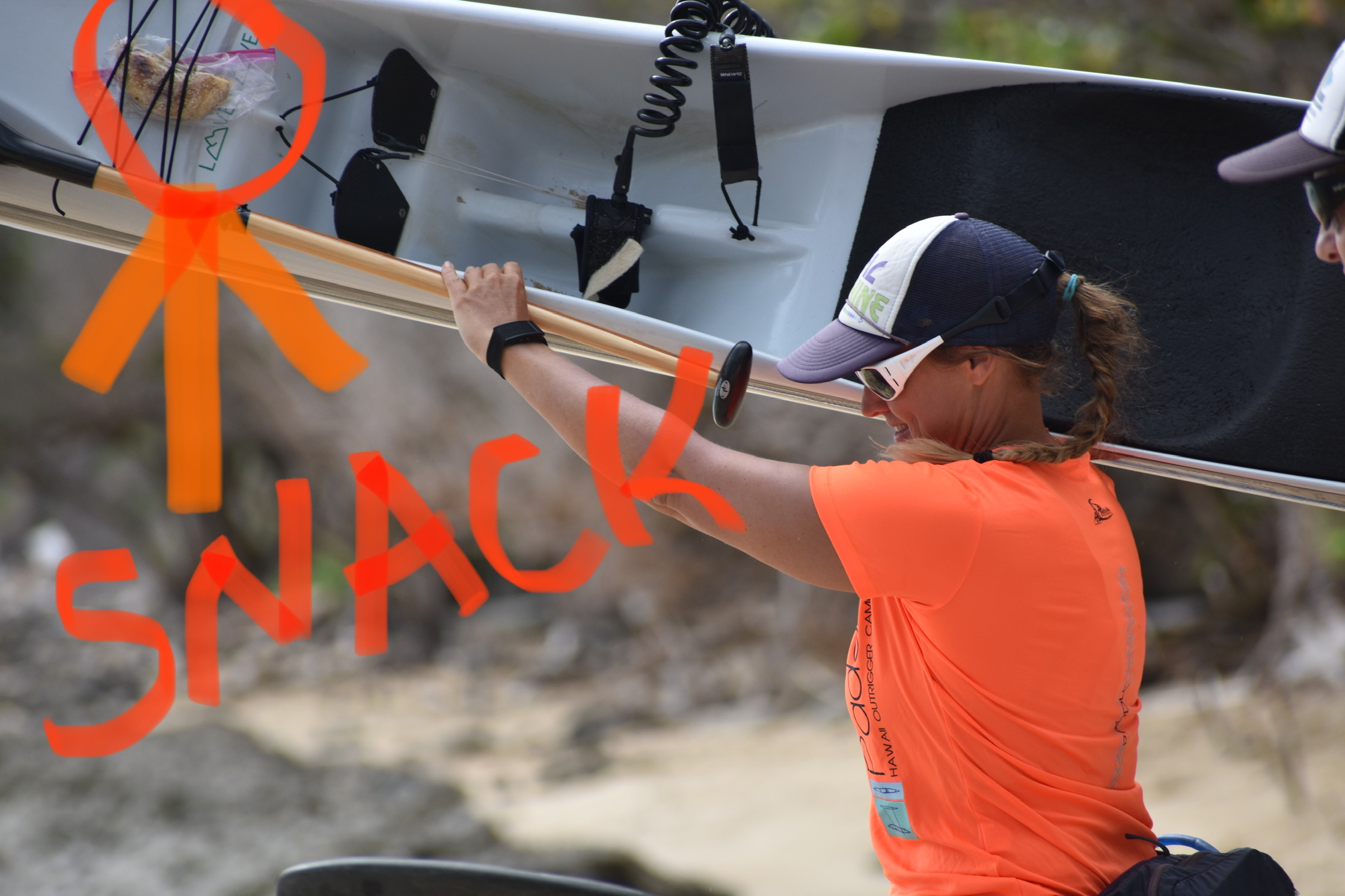Periodically I will be addressing common questions I get asked from my camps, workshops and 1:1 coaching work.
Pic: Beata Markin
QUESTION: What should I eat before I race?
This is a great question and if we were working together I would have you start practicing your pre-race food and your during-race food at your next training session and tweak it until we found what is optimal for you.
There is so much scope and variation in what to eat for racing due to personal preferences around food and an enormous amount of choice! So to make my answer relevant to as many people as possible through this forum; here are some key insights about what our bodies need for fuel to help you find a race eating plan that works for you.
Your body’s preferred source of energy… Glycogen
The most important thing to understand is that your body prefers glycogen as its primary source of fuel when it’s working hard, whether that is a 500-meter sprint, an hour race, or longer.
If the activity is intense you are burning glycogen.
That means you need to eat carbohydrates, which get converted into glycogen, stored in the liver, and then used to fuel your activity.
While you definitely want to make sure you have consumed carbohydrates before your event, the concept of ‘carb loading’ for women is outdated; we can only store about 20-30 minutes of glycogen in our liver when we are working at near maximum or during a race effort.
Here’s an article that explains this in more detail.
Carbohydrates Before and During
Eating carbohydrates as part of a meal and/or a snack before a race is important, but it’s just as important to keep fueling through the race. Performance drops when we run out of stored glycogen. This manifests as what people call ‘hitting the wall’ and can feel like a loss of power or difficulty focusing, to name a few of the symptoms.
Since we only have 20-30 minutes in storage, we need to refuel much sooner and more often than we think. How much and how often depends on the intensity and duration of the event.
In a recent 30 minute OC1 time trial I ate 2 glucose tablets minutes before the start. I knew I was going to be paddling at maximum effort the entire time and I wanted to make sure I had enough glycogen stores available without having to stop and take something during the time trial.
When I am racing for longer than an hour, I organize my food so I have a boost of carbohydrates before the race and eat carbohydrates during the race, topping up a small amount every 30 minutes.
When the race is significantly longer, one and a half to three hours or more, I make sure I eat carbohydrates and protein before and during the race.
Protein Is Important Too
Protein serves two main functions. It extends the time until your muscles start to break down during racing, and it signals the brain to start repairing your muscles after you finish racing.
By consuming protein before you race you are slowing down the onset of muscle fatigue. For longer races, consuming protein while you race delays the onset of muscle breakdown. A dose of protein after racing will send the message to start repairing muscles.
Here is an article I wrote about women and protein that goes into more detail.
Before, During…. And After
Women have a small 30-45 minute window to start the repair cycle (known as muscle protein synthesis – MPS) after a race. This is very different from men, who have a 3+ hour window.
We need to eat immediately after racing to replenish the carbohydrates used for fuel and to repair the damage to our muscles. This allows us to recover more quickly and get stronger from racing.
It’s not just what you eat before you race that matters. Taking into account the duration of your race and what you eat during and after is just as important.
Remember to practice!
There is no substitute for testing food out during training to figure out not only what to eat before your race but also what works for you during the race.
I recommend practicing eating just like you practice paddling.

